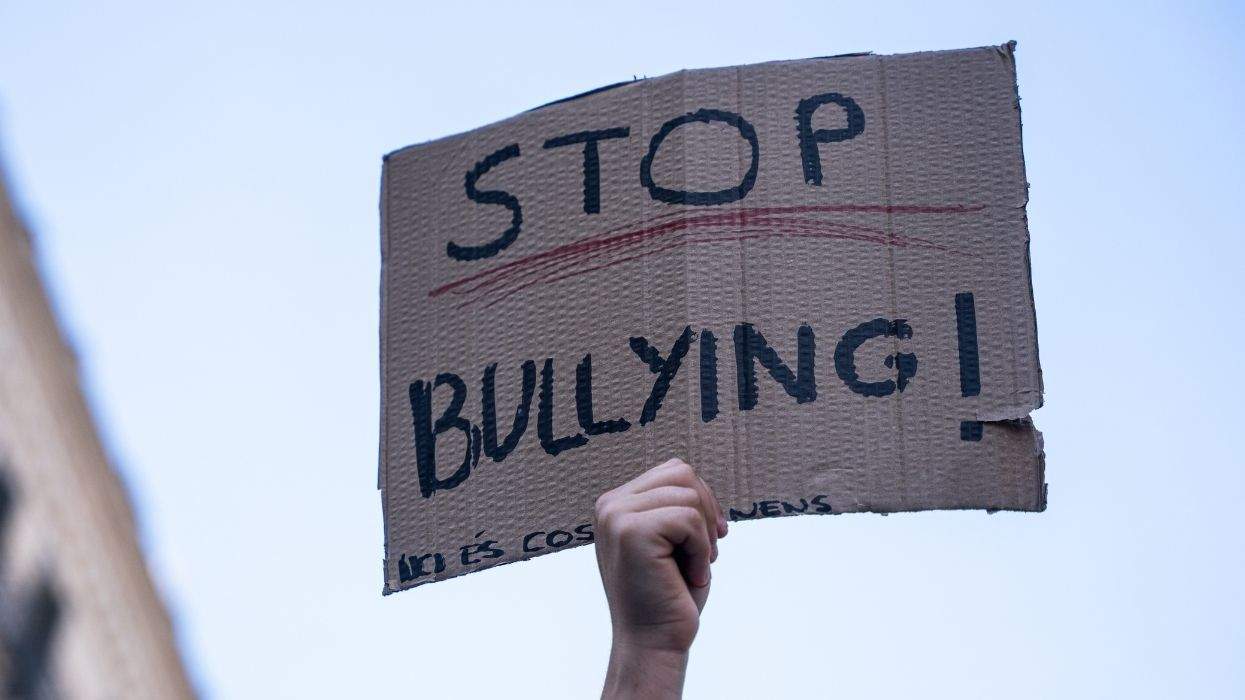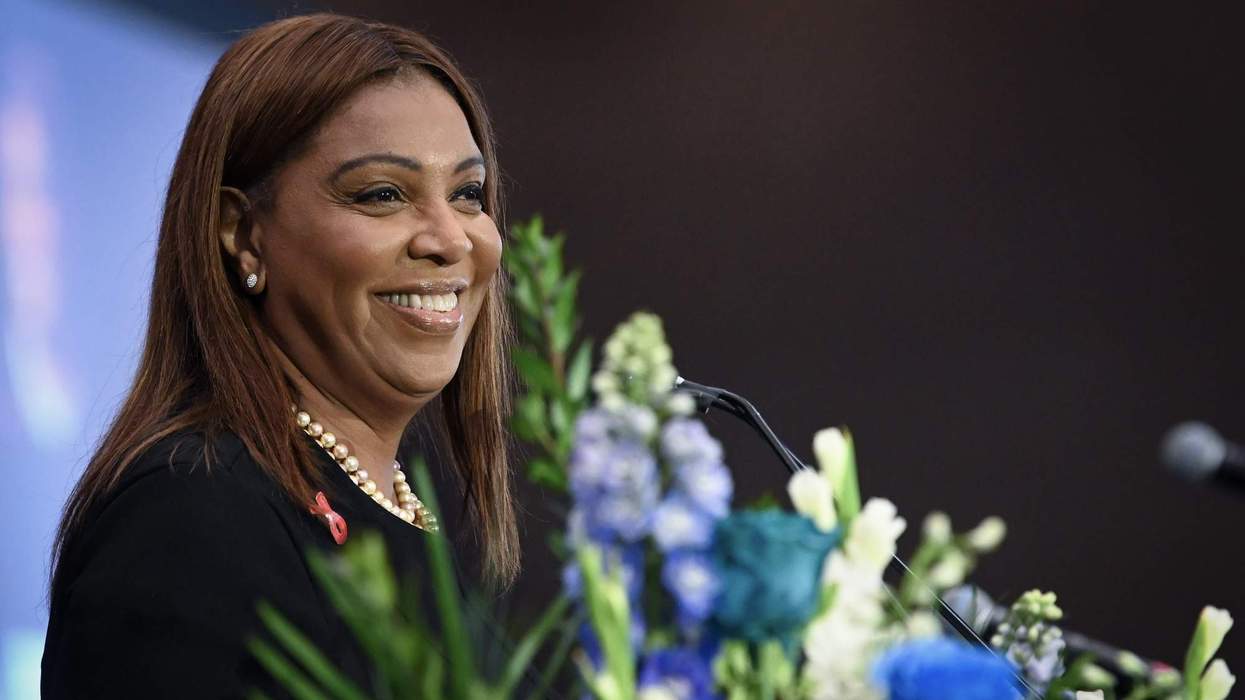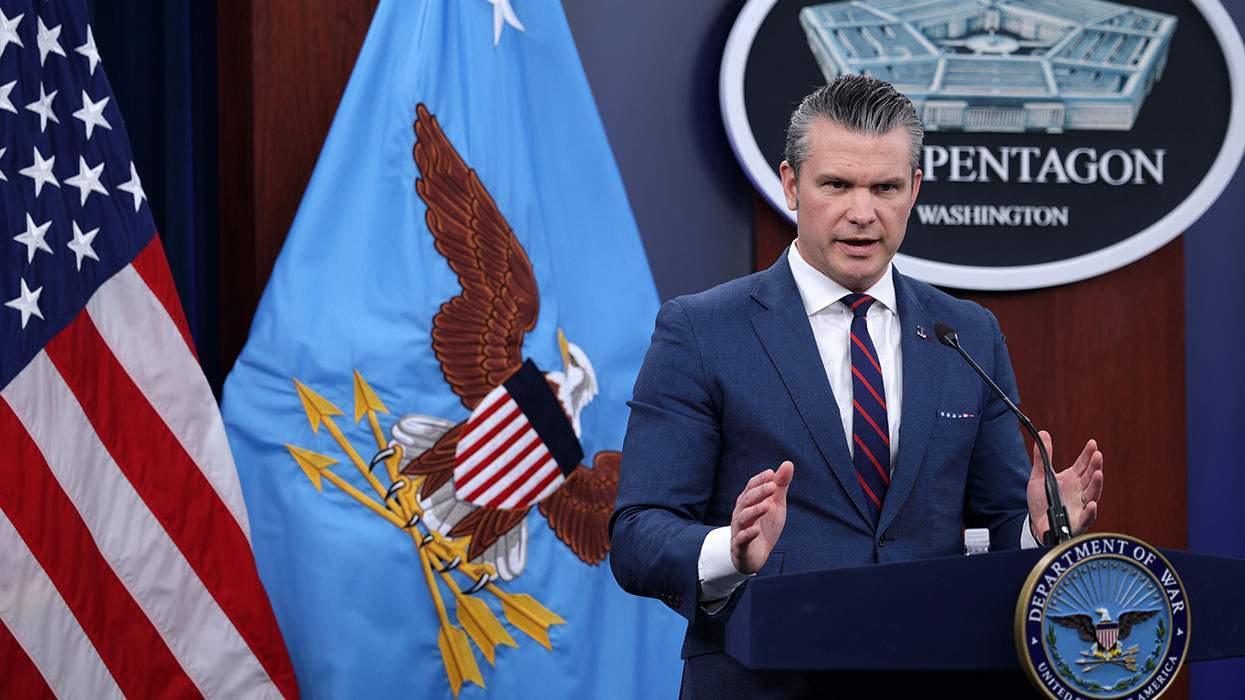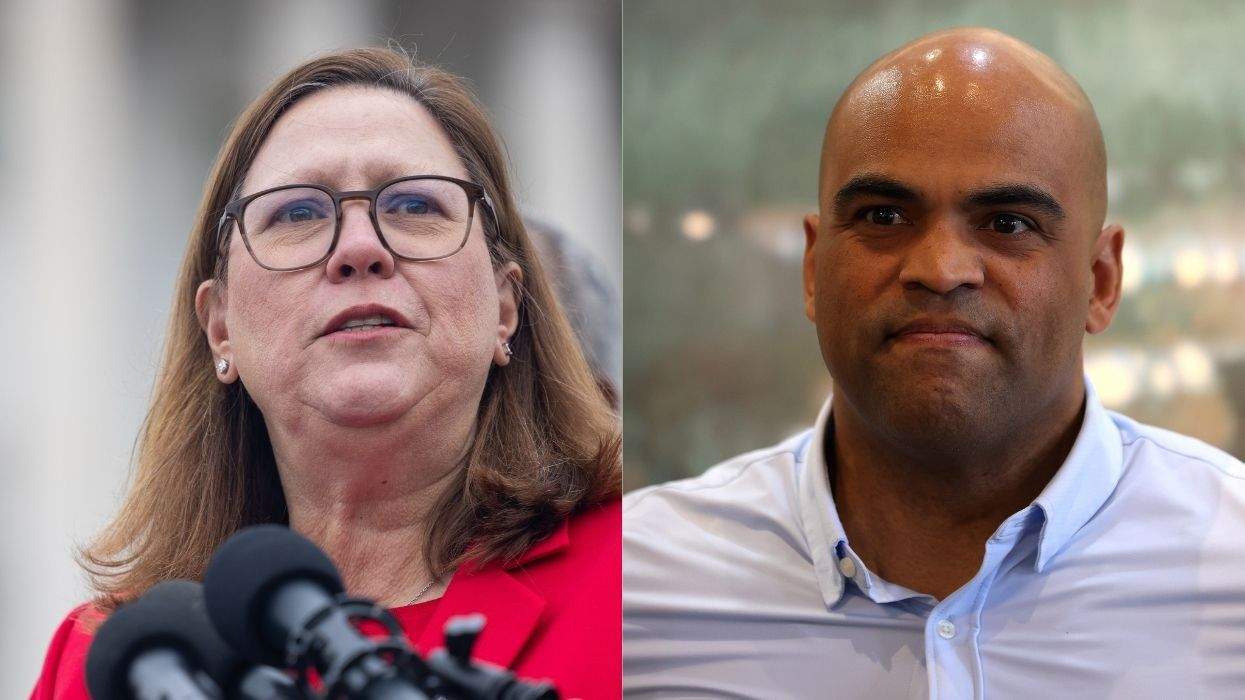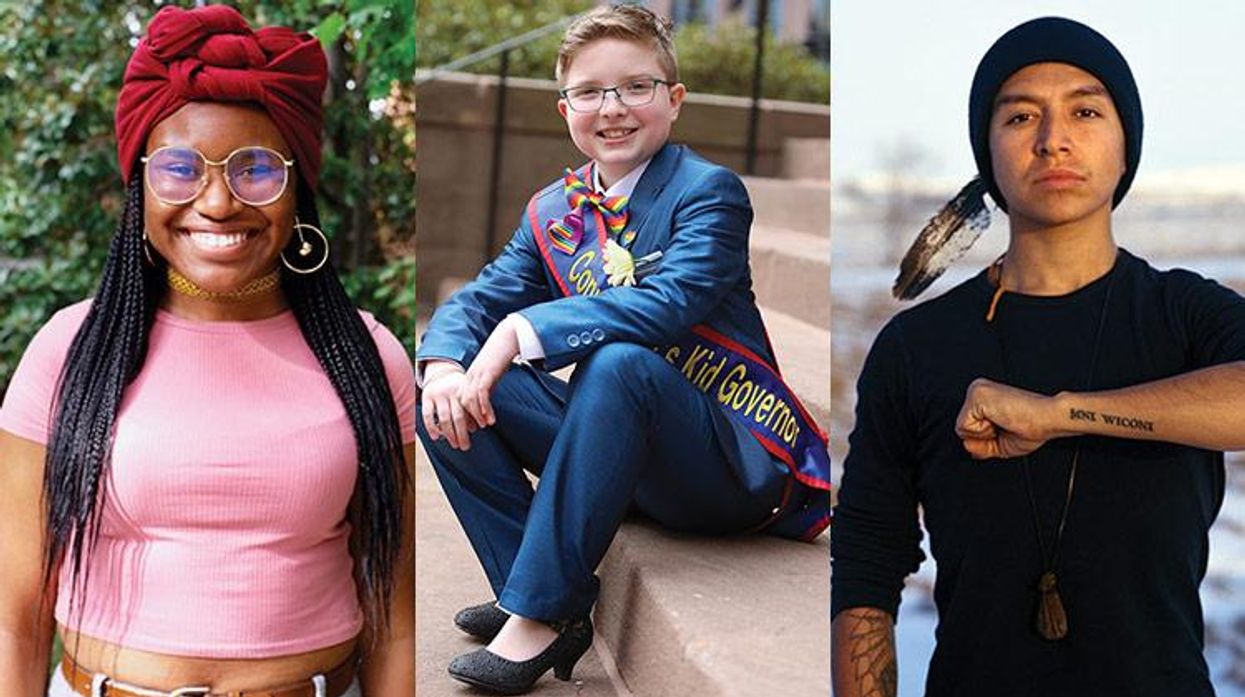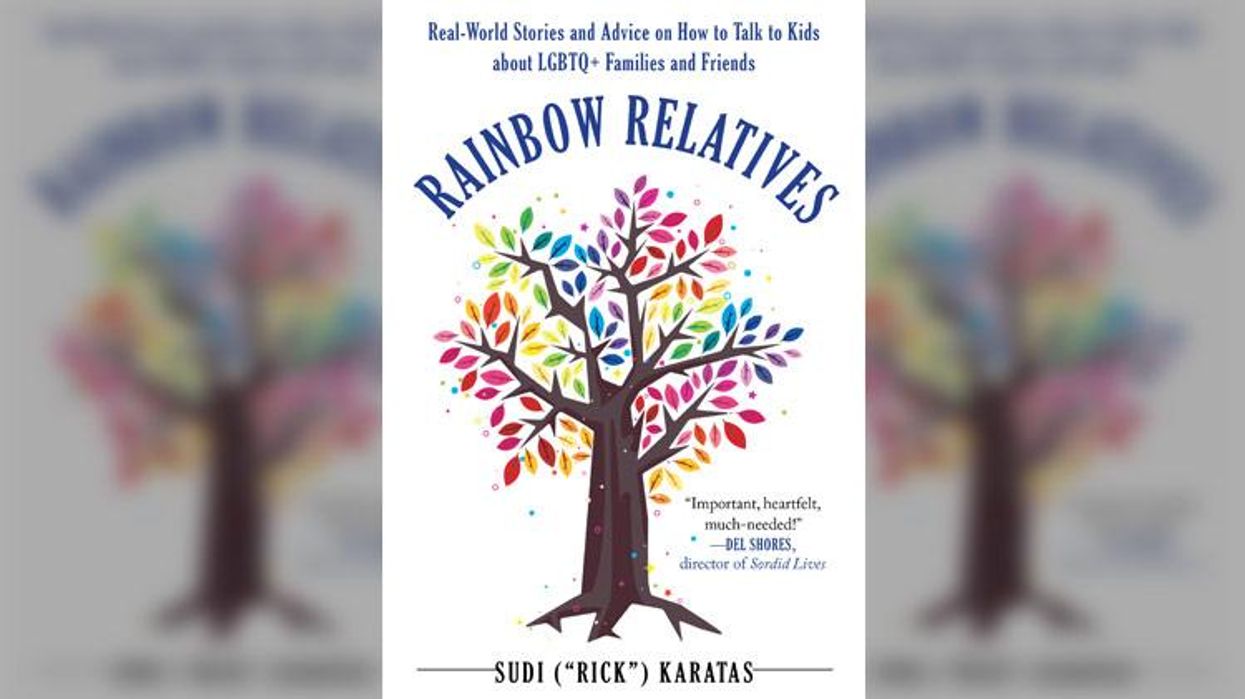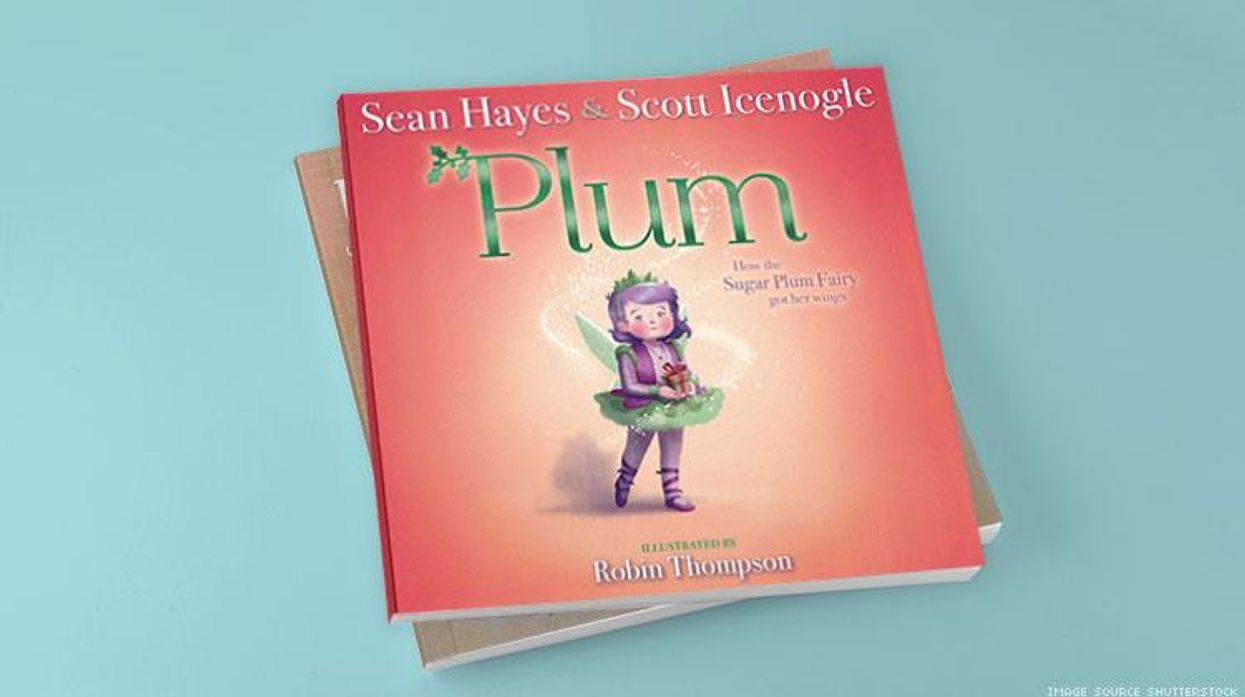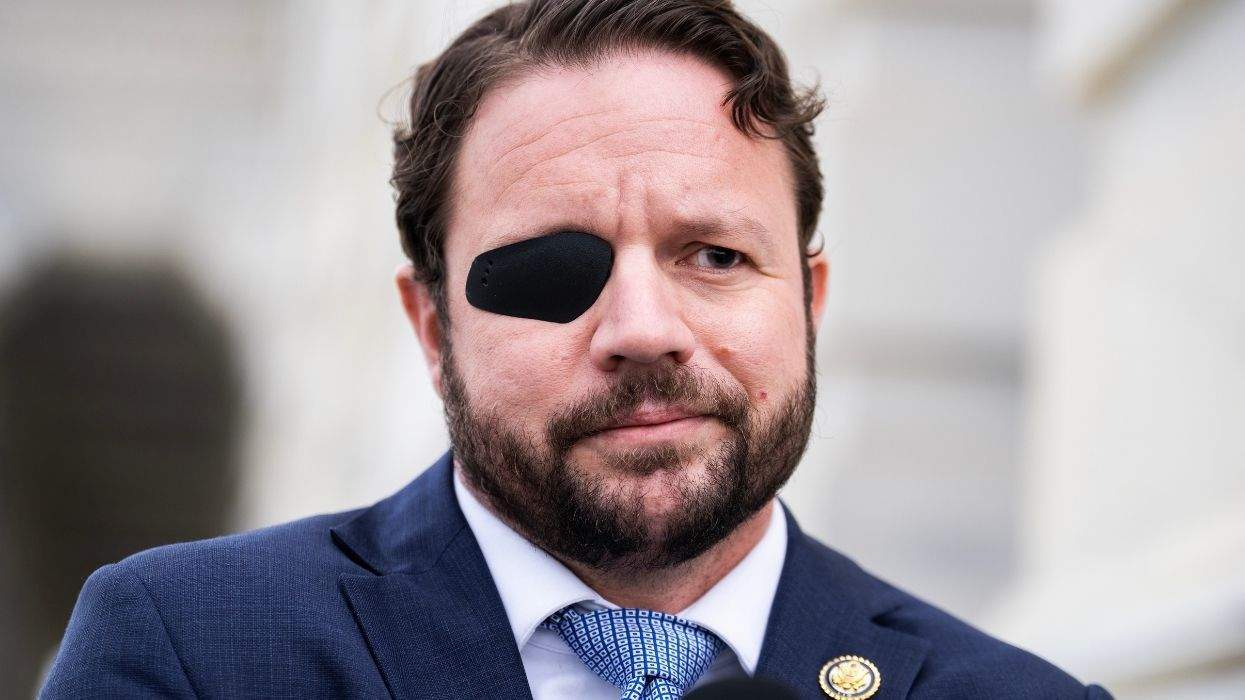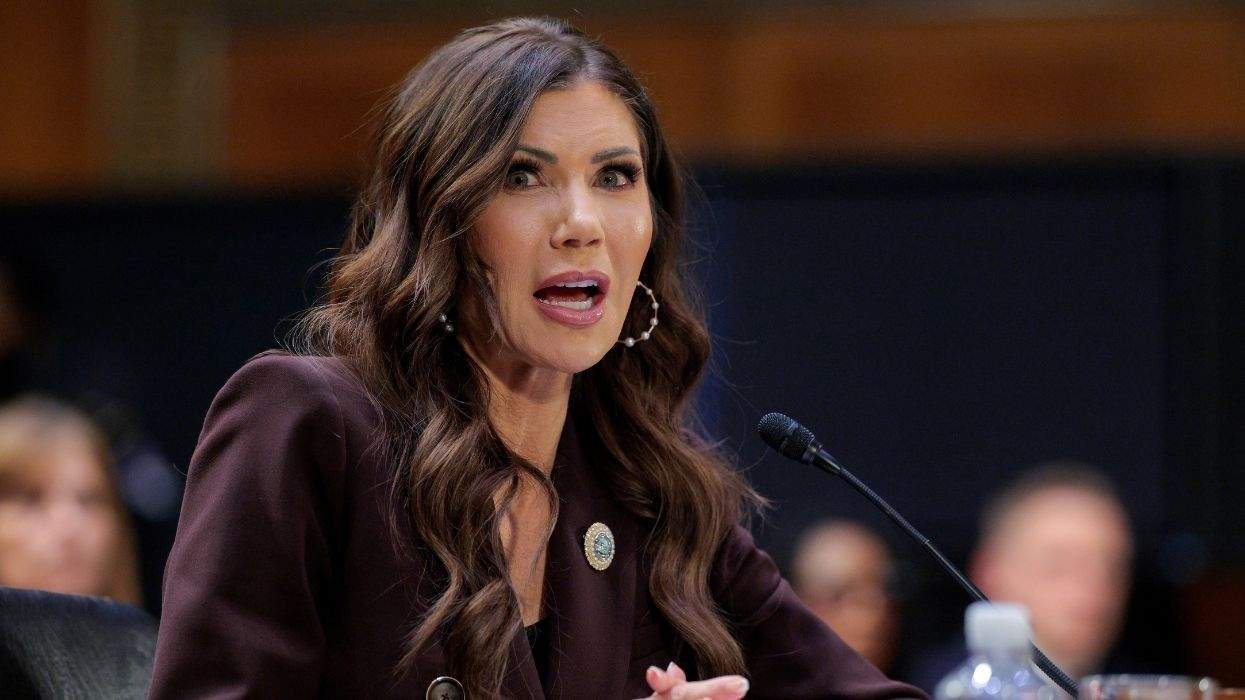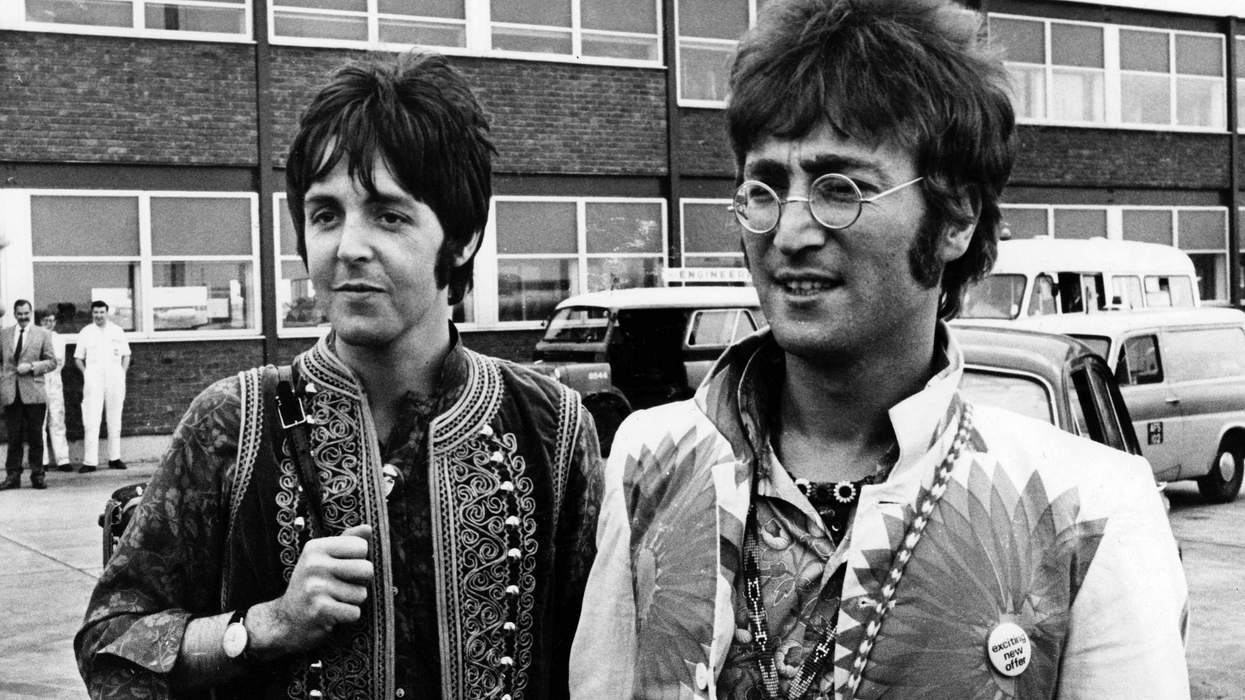Not long ago, I read a post on the Perverts of Color Tumblr about healing from sexual assault through BDSM. After an assault, a woman admitted that she couldn't ask for what she wanted sexually. Her feelings on consent were very blurred, and she couldn't reach past that until BDSM got her into being a dom (or top). That move helped her have the power to ask for what she wanted and space for her and her partners to talk about how they wanted to be treated sexually.
Social network groups on Tumblr and Facebook provide platforms to talk about things like how to stay safe when having sex. So I asked four friends to share what it is to stay sexually healthy. I realized through our conversations that as queer black women we often have to find our information ourselves, because resources and research specifically focused on us aren't always available. But we also don't necessarily need those mainstream resources to give us info on our sexual health either, because we get it from each other. The best way to gather information about the bodies, experiences, and sexualities of black women is through conversation with other black women.
Pam Newman, Kentucky: Tumblr was an amazing outlet for me. I got to join a Group.me chat. We had a lot of picture sharing and kink sharing experiences. Social media is awesome, and the internet is a super tool for me as a queer black person to put language to my feelings. I masturbate frequently. It's a part of my overall sexual health. Stimulation is so important to me and my physical and mental health.
I got out of a long-term relationship with someone who I thought was going to be my life partner. Through the end of that process I went a very long time without being touched. We were in a monogamous relationship, so I didn't want to breach those boundaries. There's not enough masturbation in the world to absolve that there's someone I care about that's not interested in me. (Pam identifies as nonbinary.)
Ella Frost, Mexico: Sexual health is something that you have to deal with your entire life. It's your overall well-being, your sexual tastes, how that operates on lines of race -- and for me this is especially important when in a country you're not originally from. I think about these things a lot when considering my sexual health. I think about where I can go to get tested and how that could even work in a place where I get stared at and singled out for looking like I do. (Ella cofounded Black Fly, a zine about race and sexual health, with Nana Adae-Amoakoh.)
Sara Elise, New York: I think sexual health is obviously super important for tons of reasons. As a [sexual assault] survivor it's not just about getting tested. I think that's the bare minimum. Another bare minimum to me is communication. Without it a lot of things could go wrong. I would say for me personally, having a sort of mental health check-in around my sexual connections with partners is extremely important. Basically, I have to do a self-assessment every time I'm going to be intimate with someone. Having that is crucial for me. It determines the way I'm going to feel interacting with someone -- that's what being sexually healthy is. I check in with myself all the time. Before sex or before being intimate, during, and after. Like, how am I feeling today? Have I been triggered today? Because if I have been triggered today, it will come up while I'm being intimate. So, if I have been triggered, it's checking in with my partners about it.
Eva Turner, New York: Most of the people I have sex with are or have been sex workers or sex educators. They have been diligent about their bodies and their partners' pleasure. For me, sexual health is mental health. I make sure to check in with myself and make time for myself every day. I'm not going to have a good time with a sexual partner, intimate partner, or friend if I'm not checking in with myself. If I'm thinking about being intimate but have blocks I won't let myself do that. Masturbation is also a huge part of my sexual health. It ties in with my mental health. I have the best time doing it and can transmit that to another person. I feel like when we're engaged in physical sex we can make assumptions that the other person should just know how to engage with our bodies, and that's just not the case. A part of me being able to communicate how, when, and why I want sex ... makes it better and more healthy. I don't want to have sex just to have sex. My need for sex in that way has diminished. I feel like I value sex differently now. Sex is more of an intimate exchange.

